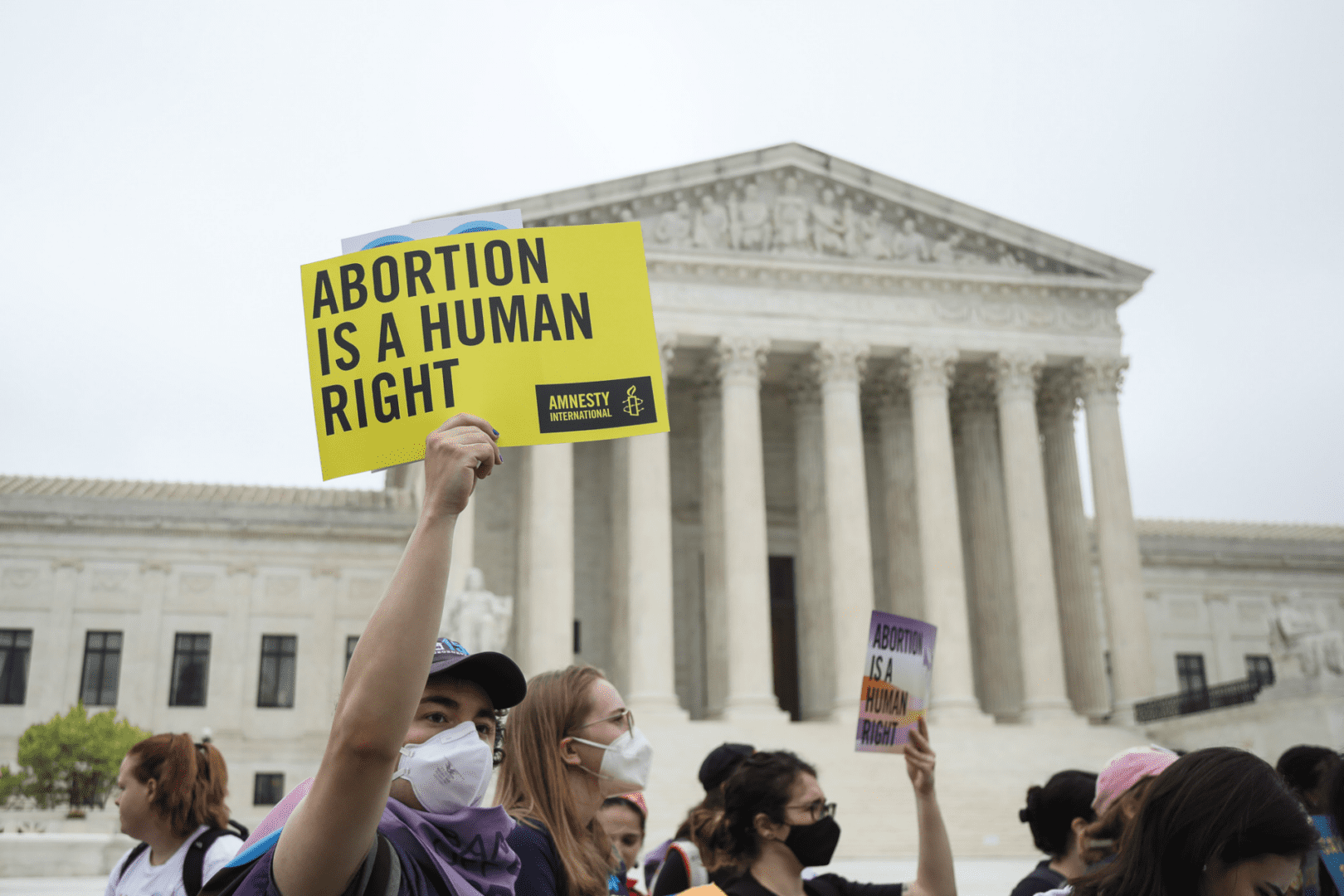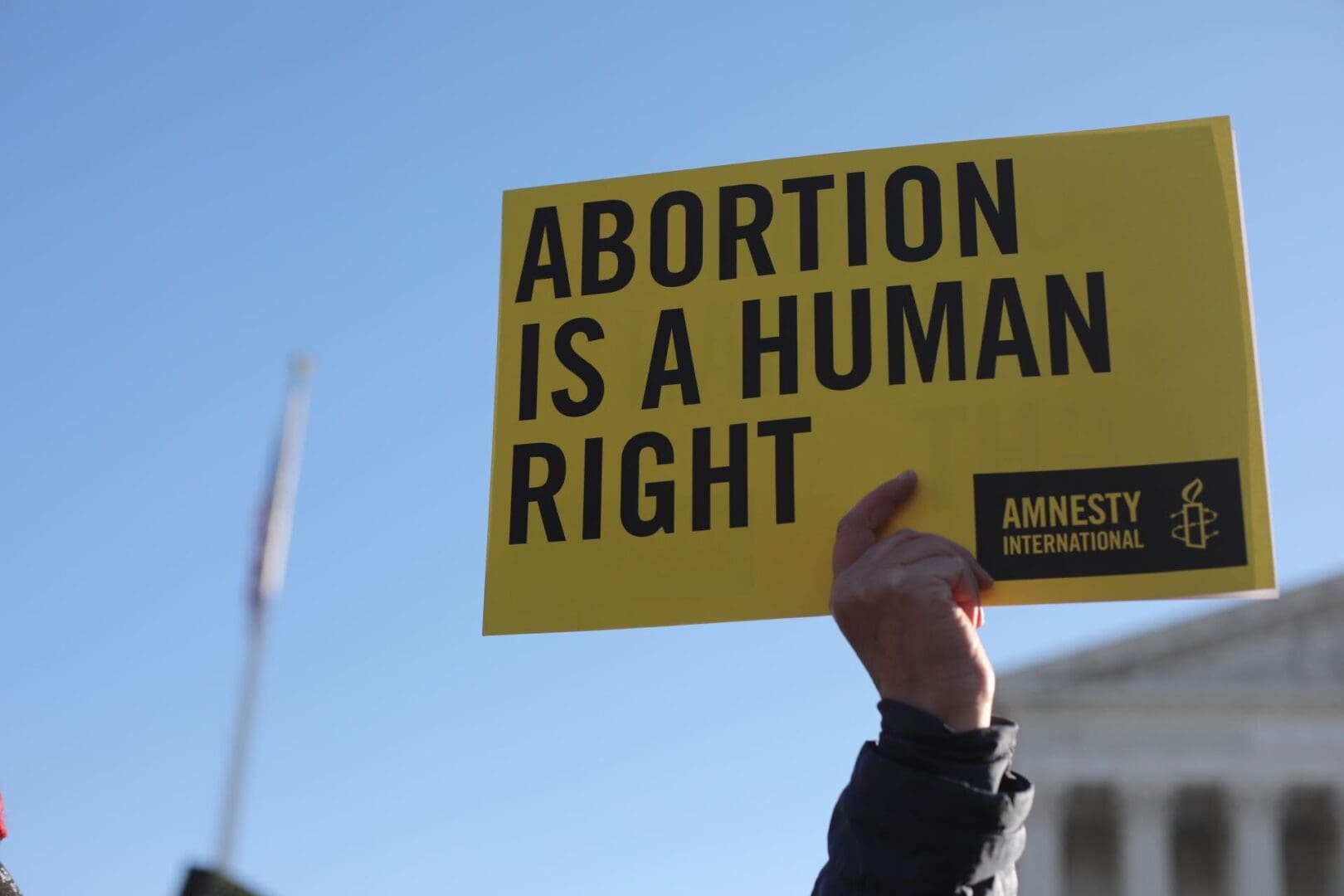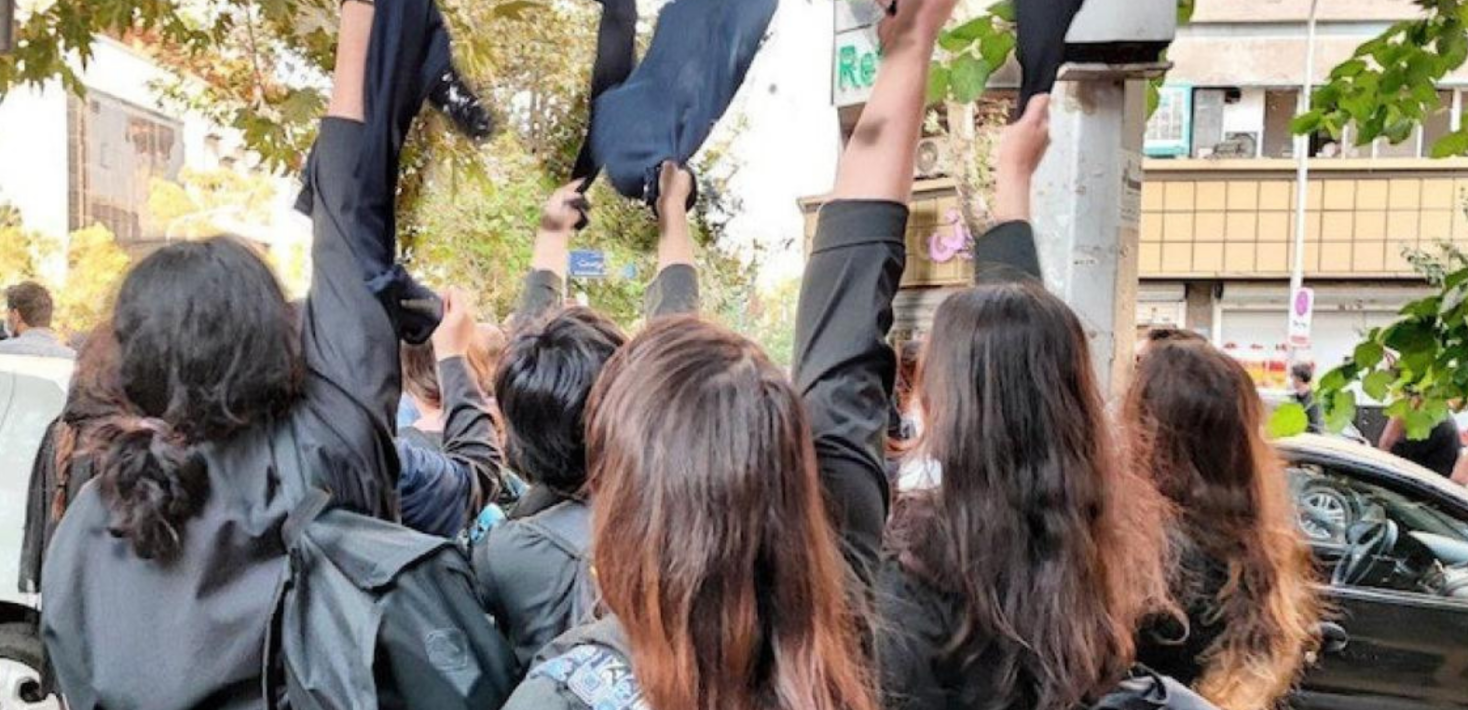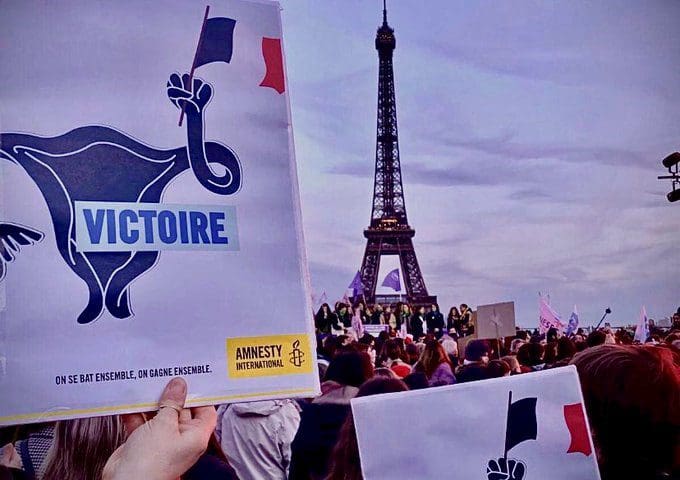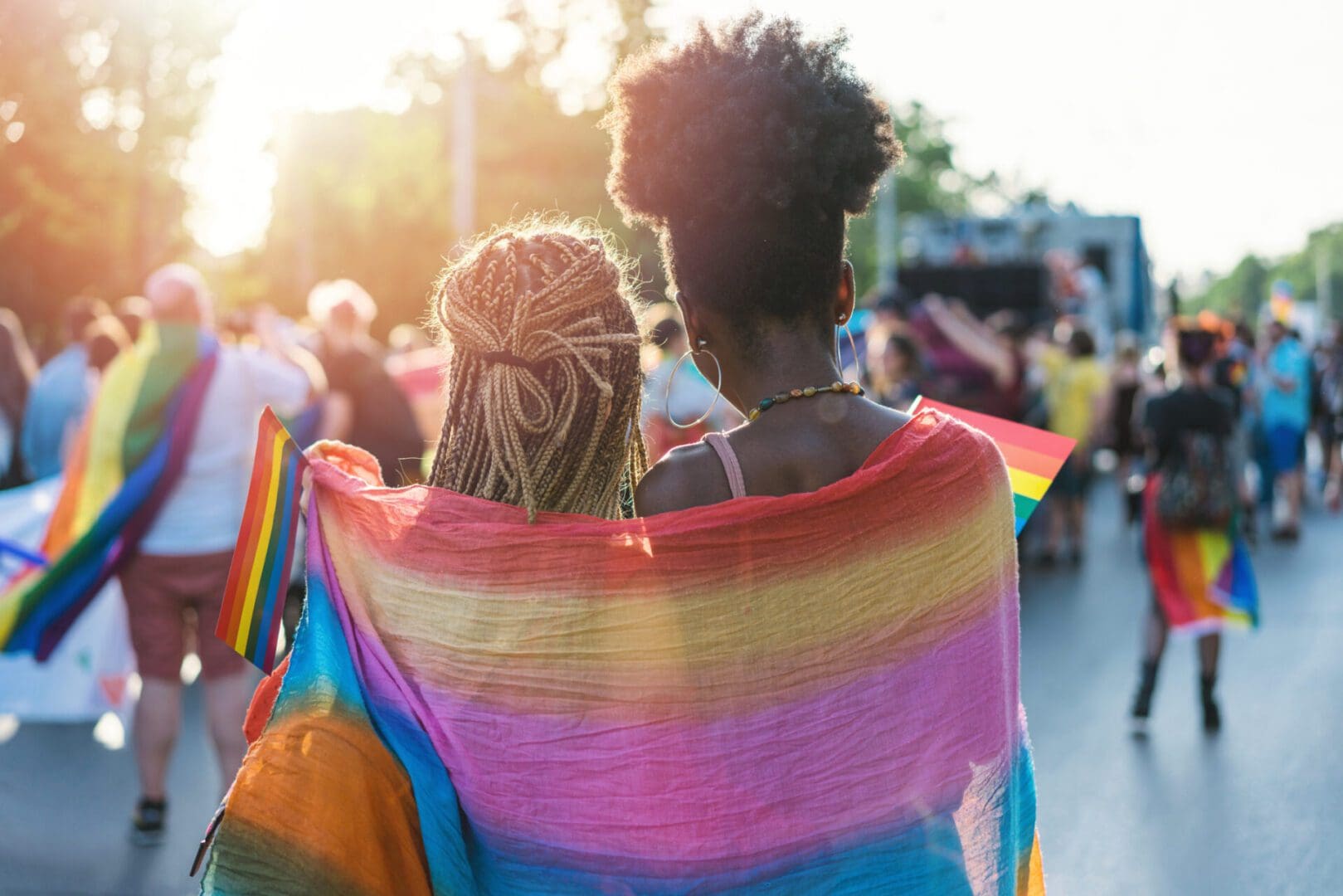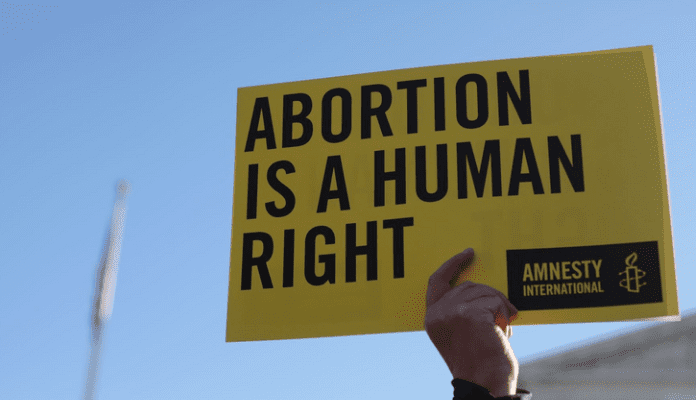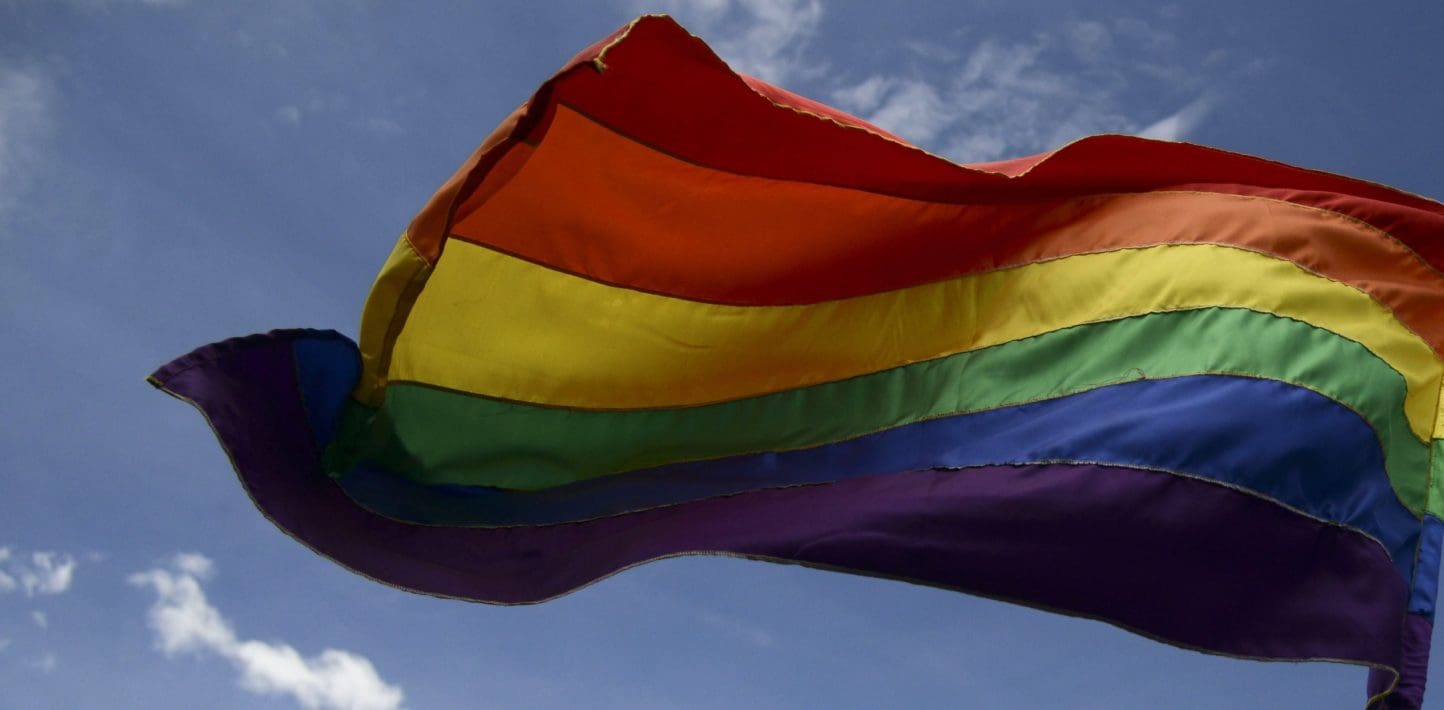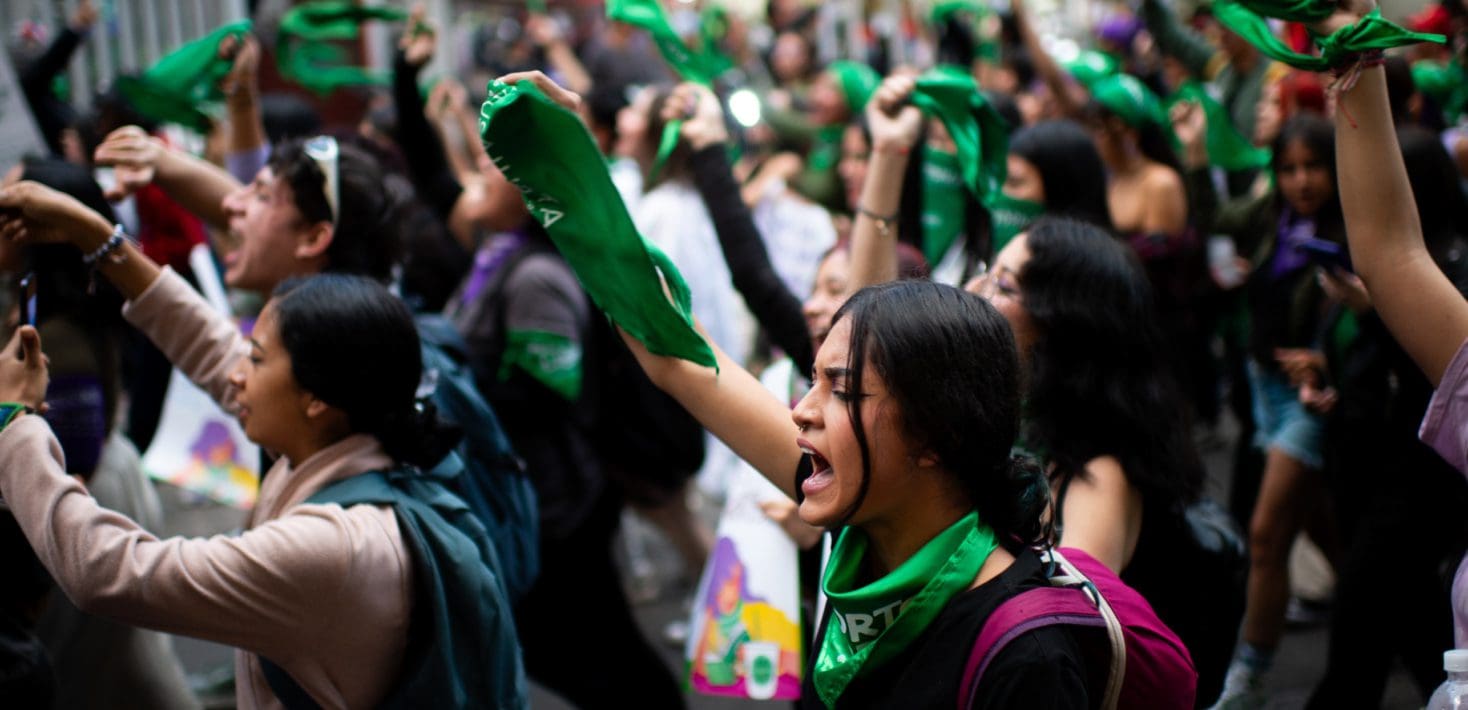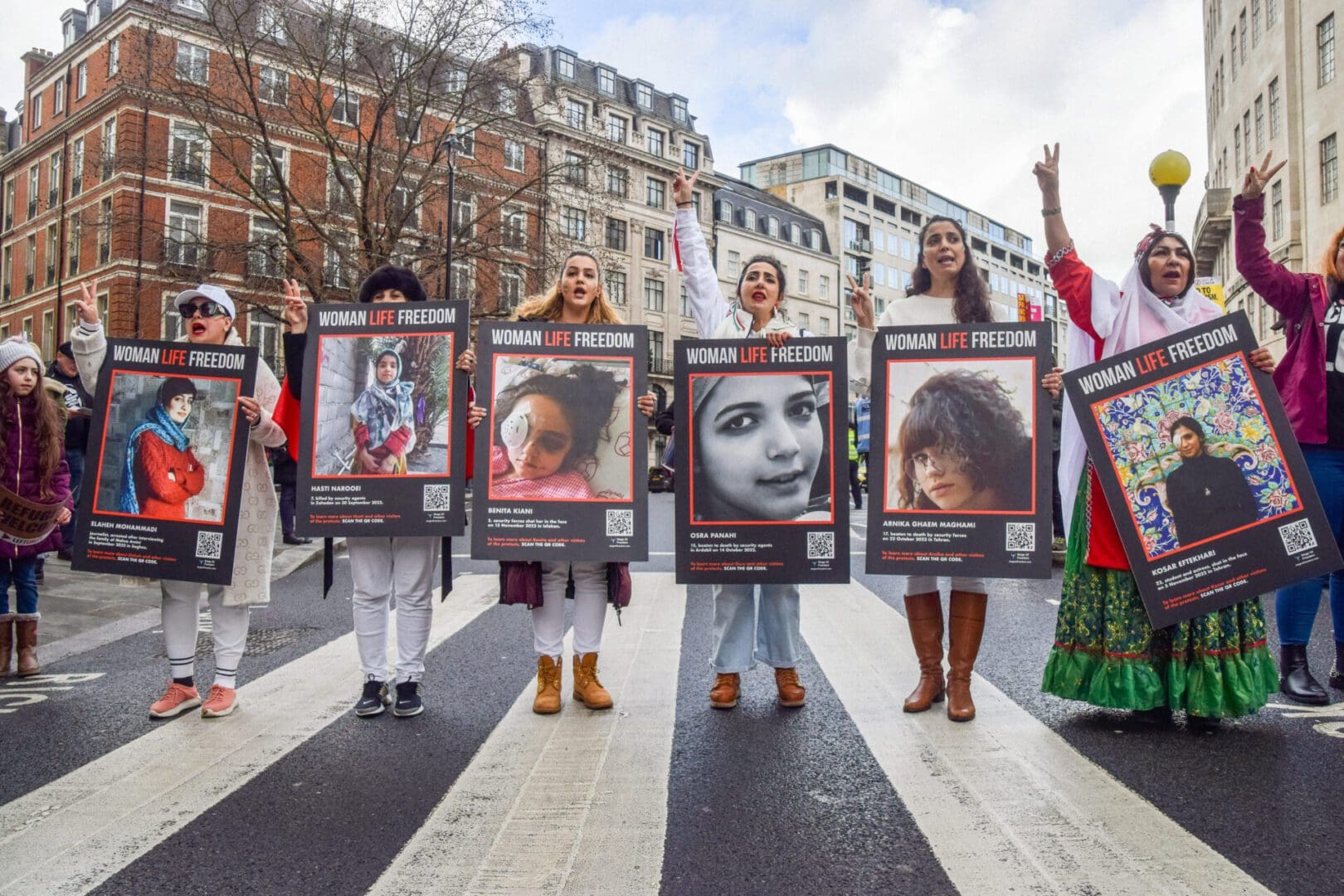What’s the Problem?
All people should be able to enjoy the full range of human rights, without exception.
However, every day, across the globe, people face discrimination and violence because of their sex, gender, or sexuality, or their perceived sex, gender, or sexuality.
We all have the right to make decisions about our own health, body, sexuality, and reproductive life, without fear, coercion, violence, or discrimination. But, people’s freedom to make these decisions and their ability to access their rights are often controlled by the state, medical professionals, or even their own families.
Women and girls around the world routinely face unequal treatment and violence. Lesbian, gay, bisexual, transgender, queer, intersex, and other gender-non-conforming people face stigma and criminalization.
We all have the right to make decisions about who we are and what we want to do with our lives. Yet all over the world, many are persecuted for making their own choices and many more are prevented from making any choices at all.
Discrimination against women and LGBTQI+ people and the denial of sexual and reproductive rights are rooted in unequal power relationships and the attempt to control people’s bodies and choices.
Why Is It An Issue?
Governments have a legal obligation to protect people from discrimination and violence.
When governments fail to protect people, Amnesty International is there helping to ensure that all people can live in dignity, safety, and freedom.
People have very different experiences based on their sex, gender, or sexual orientation– and the fact is that women, girls, and LGBTQ+ people often face discrimination that means they do not have equal access to their rights. Our work encompasses a range of human rights as they relate to the rights of women and girls, LGBTQ+ people, and sexual and reproductive rights for all.
What is the solution?
In order for all of us to participate in our communities and enjoy human rights, we need the ability to live free from discrimination and with full access to our sexual and reproductive rights– and to make decisions about our lives, bodies, and identities without fear.
Women’s rights are human rights, yet women and girls around the world experience violence and discrimination throughout their lifetimes. Violence and discrimination against women and girls stem from social norms that value them less than men and boys and prevent women and girls from enjoying their human rights. While such violence and discrimination impact all women and girls, intersectional factors, such as educational or economic status, race, caste, ethnic origin, sexual identity, age and abilities exacerbate the challenges many women face.
Being able to make our own decisions about our health, body and sexual life is a human right. Whoever you are, wherever you live, you have the right to make choices about your body, health, and sexual life without fear, violence, or discrimination. A backlash against sexual and reproductive rights is brewing at home and around the world as governments seek to restrict our choices and criminalize our identities.
Around the world, people are under attack for who they are. People who are lesbian, gay, bisexual, transgender, queer, or intersex (LGBTQI) face threats to their lives in many countries across the globe. LGBTQI+ people face discrimination and violence from both state and non-state actors. LGBTQI+ people globally should be able to live lives of dignity and fully enjoy all their human rights, including their right to life, freedom and safety.

